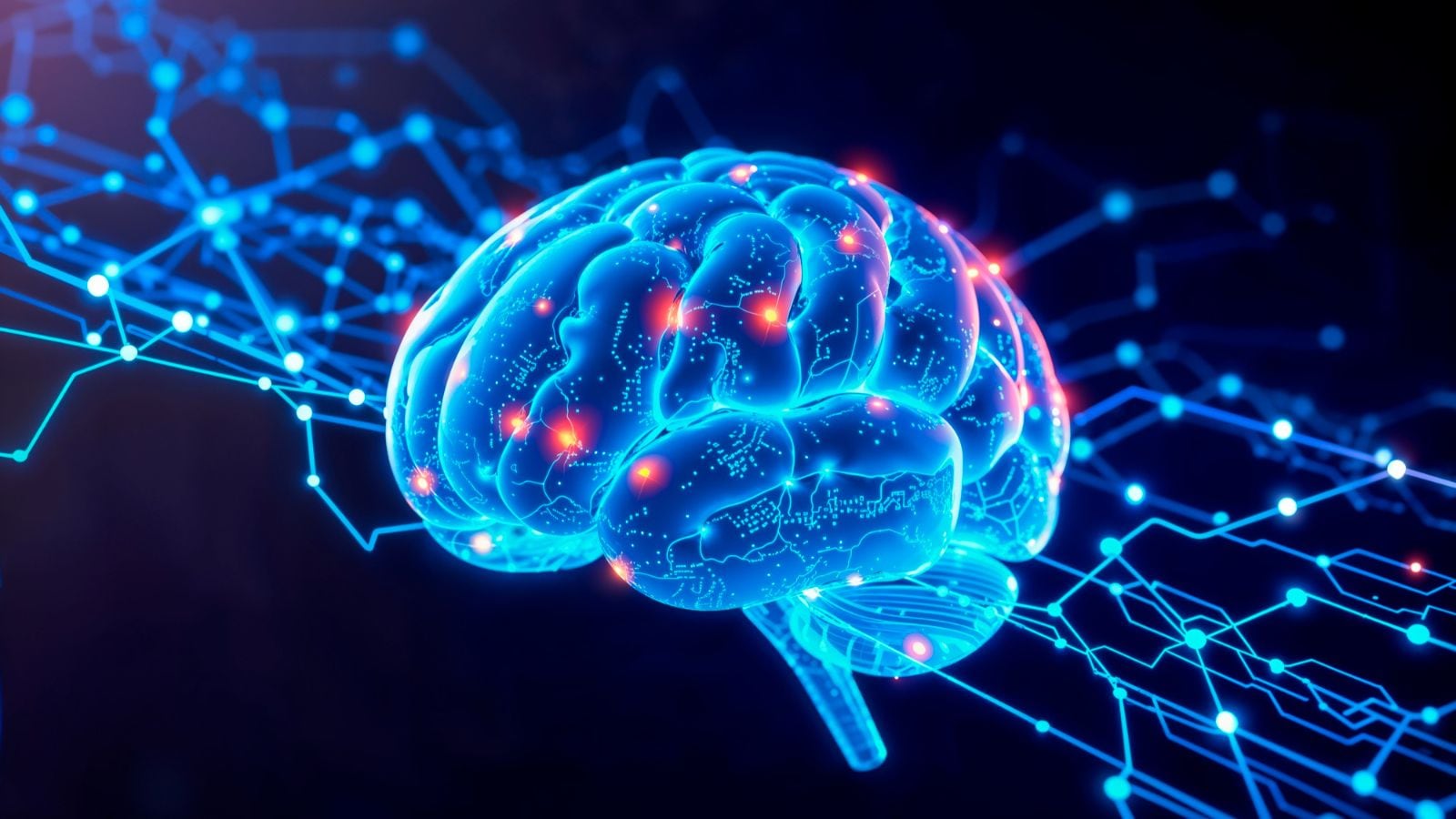Can adult brains make new neurons? A new study brings forward some definitive evidence that this is possible. For years, the capability of the adult human brain to make new neurons has been a matter of contention in neuroscience. However, now researchers may finally have settled the decades-old debate.
In a recent study titled ‘Identification of proliferating neural progenitors in the adult human hippocampus’, scientists from the Karolinska Institute in Stockholm, Sweden, found signs of neural stem cells growing in the hippocampus region of adults. This discovery reveals how our brains evolve as we get older. According to the researchers, with this there is a possibility to find new ways to treat neurological disorders.
The neuron growth or neurogenesis, takes place in the hippocampus, which is a critical part of the human brain. The ability to learn, memorise, and feel emotions are possible because of this region. Marta Paterlini, one of the researchers at the Karolinska Institute, told Live Science that their research puts to rest the long-standing debate about whether adult human brains can grow new neurons.
For the study, the researchers analysed brain tissue from people up to age 78. They found that the neural progenitor cells were dividing in the hippocampus region. They studied over 400,000 individual cell nuclei using single-nucleus RNA sequencing and machine learning algorithms to identify cells in various phases of development. The team spotted dividing precursor cells sitting next to fully formed nerve cells in the same spots where animal studies have shown adult stem cells live.
Out of the 14 adult brains examined with one technique, nine demonstrated signs of neurogenesis, while 10 out of 10 brains examined with a second method showed evidence of new cell formation. The future neurogenic stem cells were identified using fluorescent tags and algorithms built using machine learning.
Reportedly, in 1998 researchers identified new neurons in adult human brains using tissue from cancer patients undergoing experimental treatments. Later studies using carbon-14 dating and other methods led to some conflicting results. The same team from Karolinska Institute conducted a similar study in 2013 and concluded that neurogenesis occurs throughout life. However, the debate continued over the matter until the latest research.
© IE Online Media Services Pvt Ltd





Average Rating